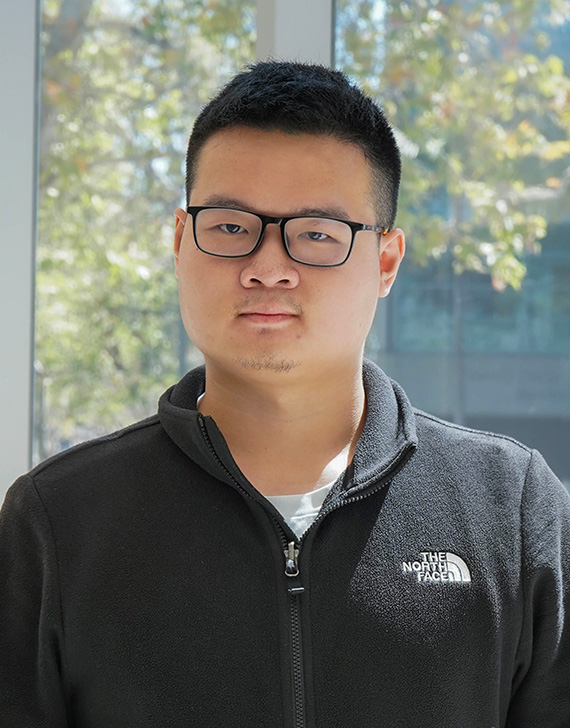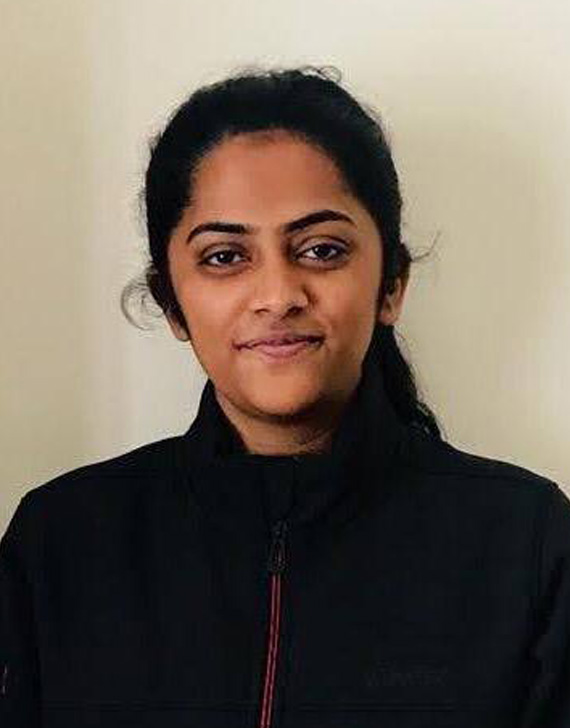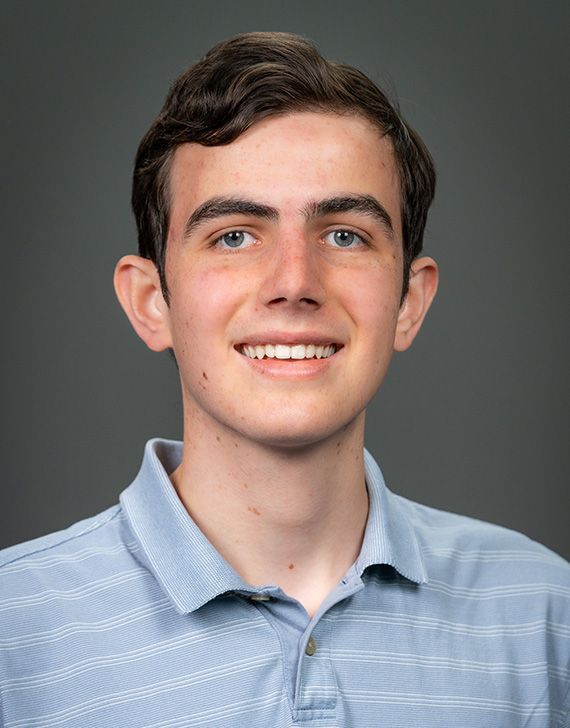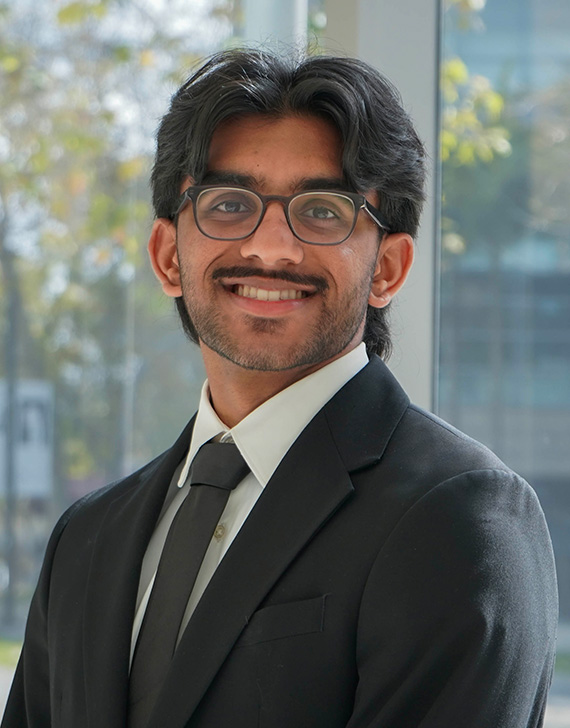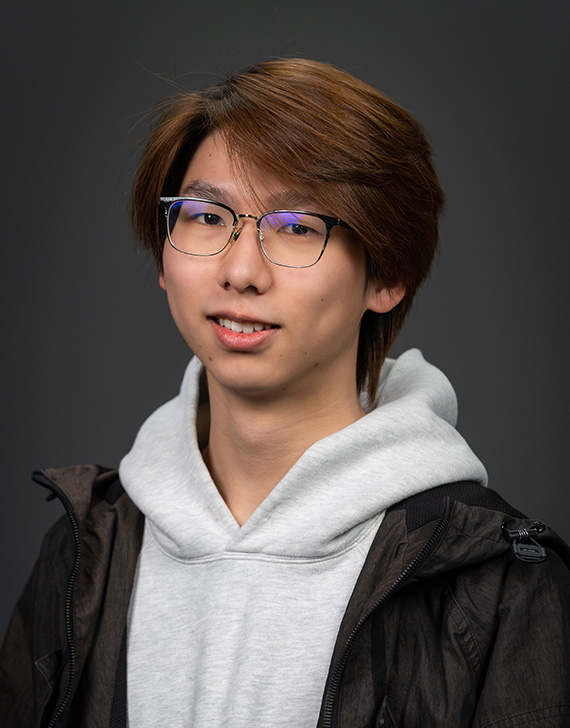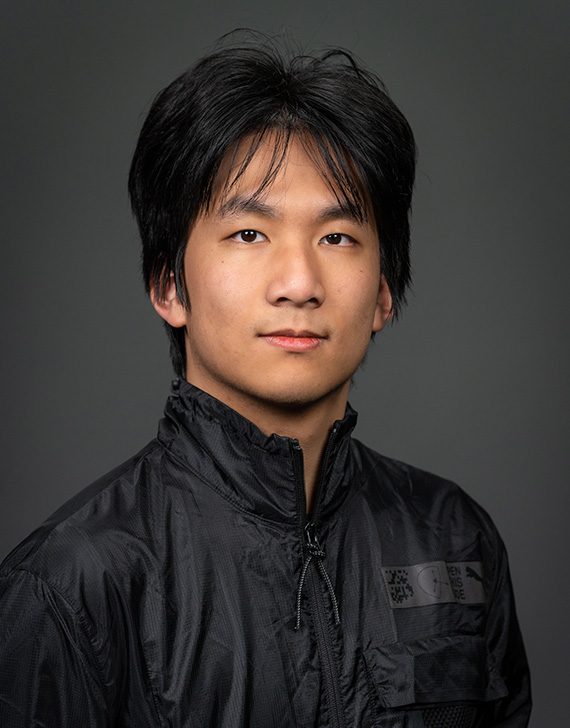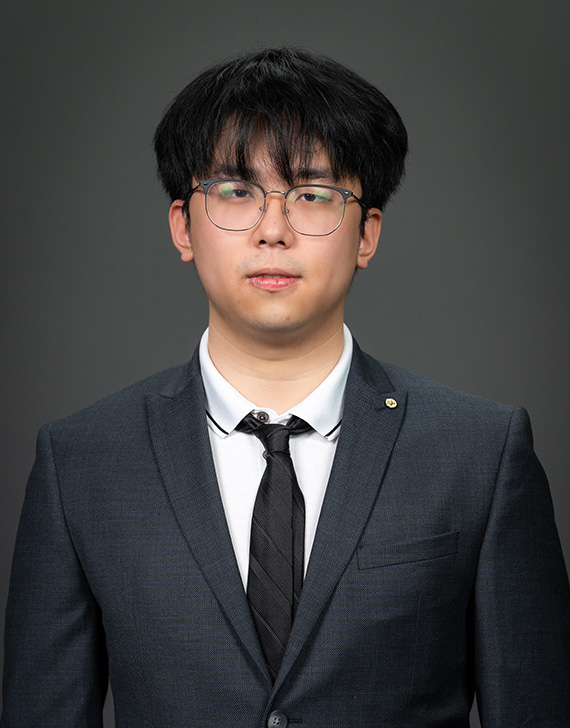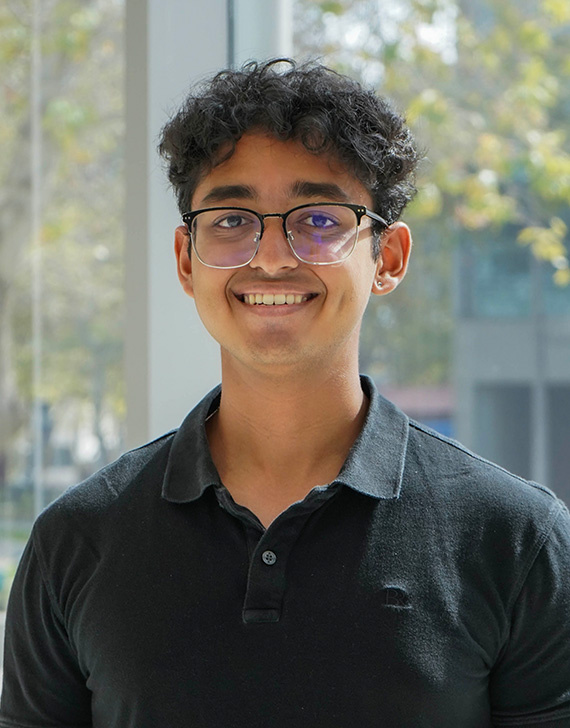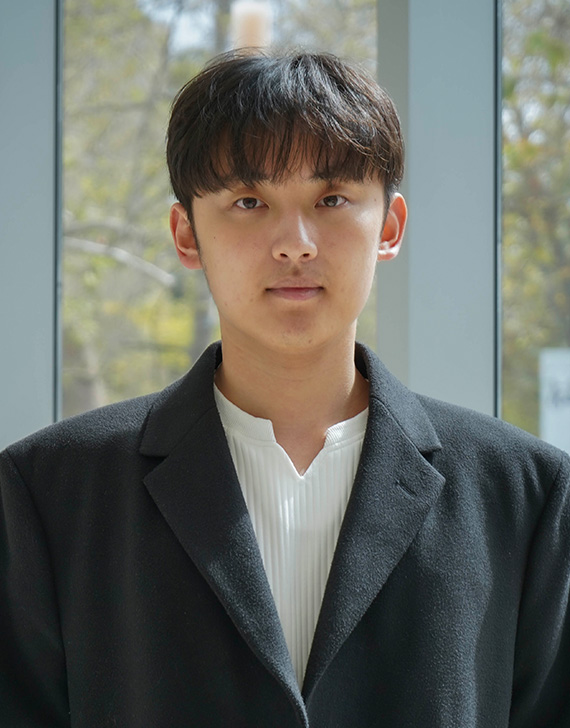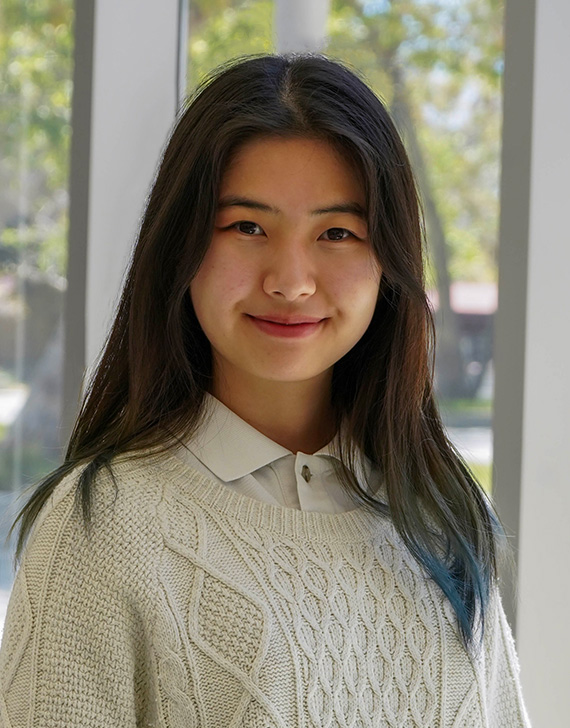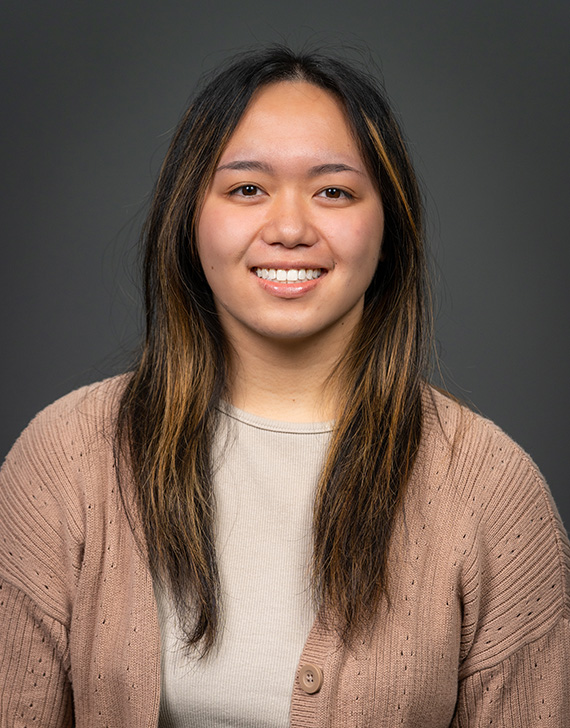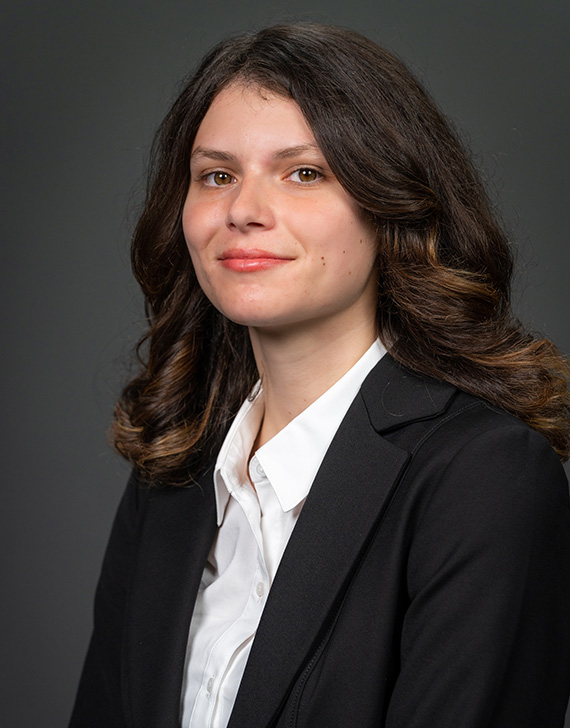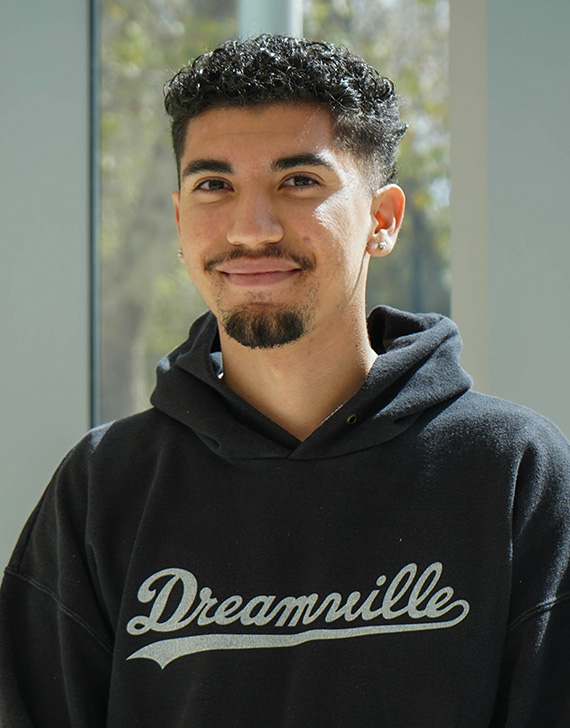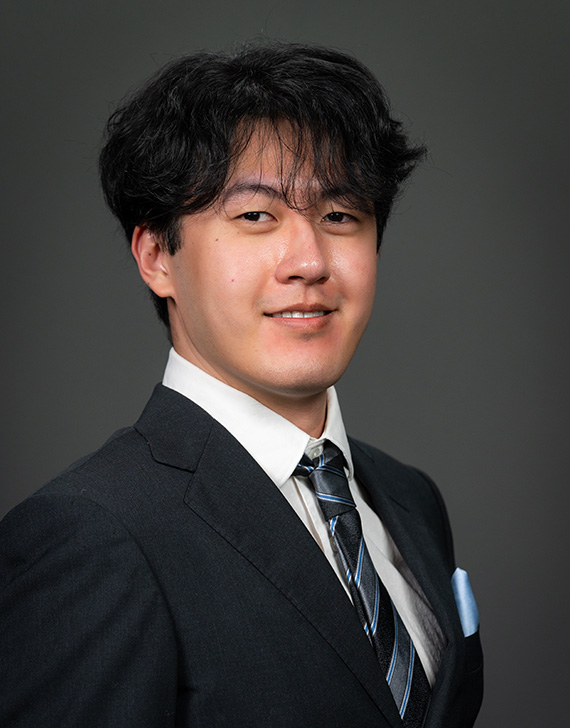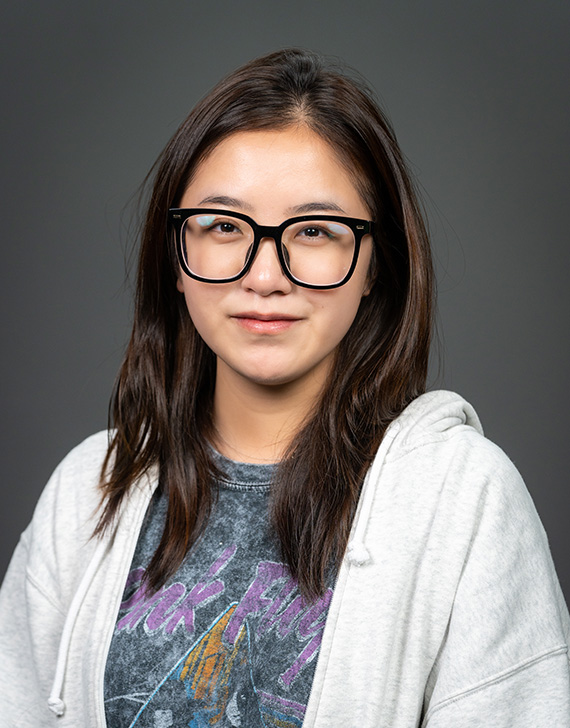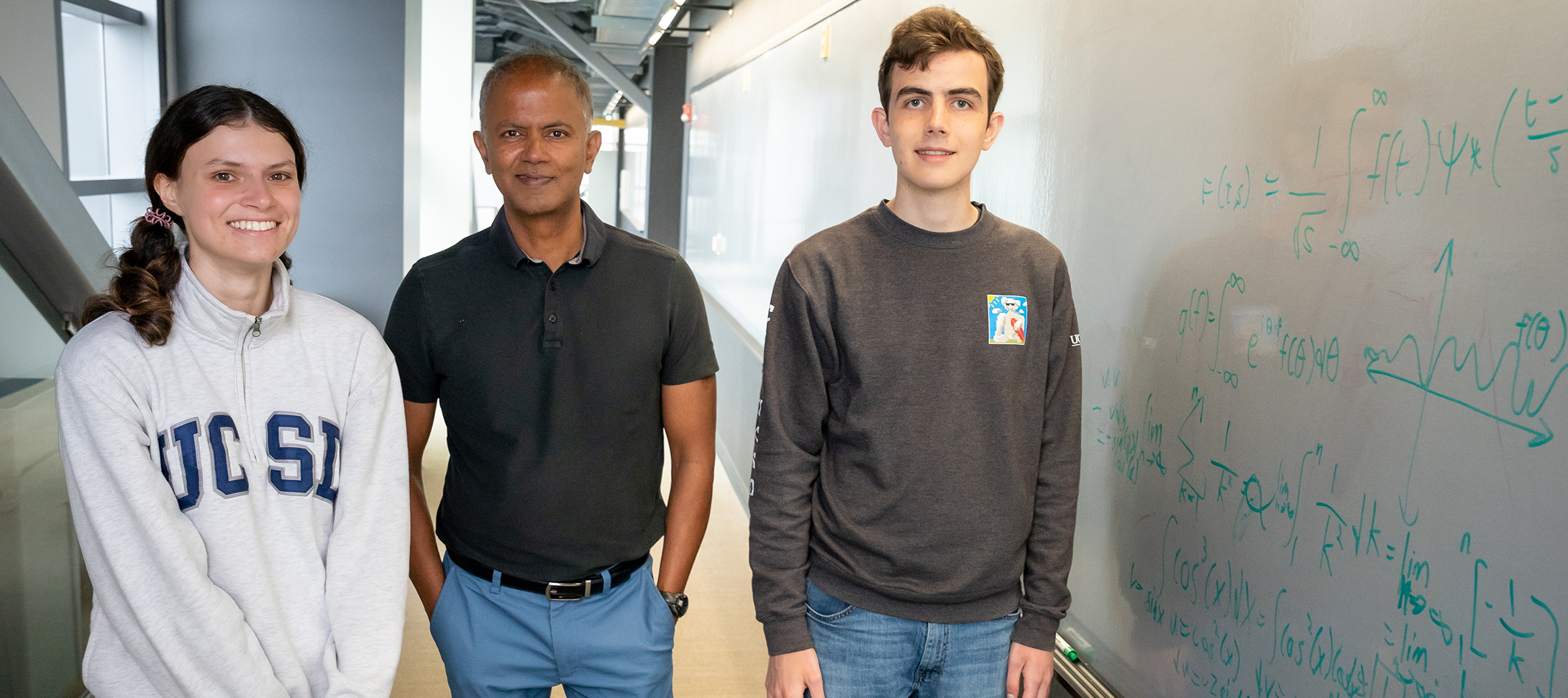
Led by QI Principal Development Engineer Ganz Chockalingam, Ph.D. (above, center), this one- to two-year internship focuses on various aspects in the design, development and commercialization of applications in healthcare. It is best suited for undergraduate students majoring in the fields of Computer Science, Electrical Engineering or Human Computer Interaction with strong software skills and an interest in pursuing health-oriented mobile, web, and data science applications.
Interns will acquire valuable theoretical and practical training as they ramp up and then work on real-world applications, engaging with QI researchers and UC San Diego faculty. The experience will be highly informative and advantageous to students in job placement and graduate studies. Interns graduate with the technical skill set of a person who has been in the workforce for two years.
Internship projects include:
Automating Interpretation of Brain Scans. In epilepsy, abnormal electrical activity in the brain can cause seizures. Magnetoencephalography (MEG)—a non-invasive technique that measures the magnetic fields produced by electrical activity in the brain—can help identify the location of this abnormal activity and guide surgical treatment. Currently, detecting abnormal spikes in MEG scans is a tedious manual process that requires over 10 hours per scan. The interns are working with radiologists Mingxiong Huang, Ph.D., and Roland Lee, M.D., to develop a neural network that automates the spike detection process. Early results show over 90% accuracy.
Predicting PTSD and Traumatic Brain Injury from EKGs. Electrocardiogram (EKG) signals provide insights into the electrical activity of the heart, which is known to be affected by post-traumatic stress disorder (PTSD) and traumatic brain injury. Interns are developing machine language algorithms using real data sets to analyze EKG signals and predict the presence of these two conditions. This approach has the potential to improve the accuracy and speed of diagnosis, allowing for earlier intervention and better patient outcomes. Early results indicate 73% accuracy in distinguishing between traumatic brain injury and PTSD.
Wrangling Data for Study of Dementia. Clinical research increasingly relies on real-world data from electronic health record systems, with high demand leading to request turnaround times of over 12 weeks. To accelerate biomedical research, UC San Diego Health Nightingale Initiative aims to establish infrastructure and processes that facilitate rapid access to disease/device/drug cohort-based data sets within a secure regulation-compliant “research cloud.” Under the guidance of Professor of Medicine Mike Hogarth, M.D., interns are actively working as “data wranglers” for the initiative, assisting researchers at Harvard Health and MIT in the study of dementia.
Interested students should look out for openings posted on social media, such as UC San Diego Computer Science and Engineering Facebook groups.
“This [internship] has definitely opened the door for lots of opportunities, [including] a job offer from Apple as iOS Engineer.”
Interns
“I am interested in research, and the internship pushed me outside [my field’s normal] comfort zone with tools such as Sequel and R. It has sparked new interests and led me to a new way to help people.”
